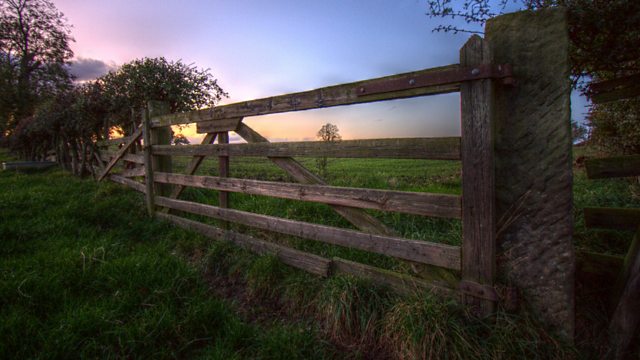
Farming Today This Week: Agricultural Imports and Exports
What does Brexit mean for UK agricultural imports and exports? Charlotte Smith visits Royal Portbury Docks to find out as she learns about feed imports and grain exports.
What does Brexit mean for UK agricultural imports and exports? Charlotte Smith visits Royal Portbury Docks near Bristol to find out as she learns about the scale of animal feed imports and grain exports.
James Reeson is Bristol Port Company's manager for agricultural goods, and demonstrates the vast scale of their import / export operation. walking her through some of Europe's largest sheds, which will receive high protein soya feed from North and South America and many other livestock feedstuffs.
Charlotte also meets David Doyle, Trade Export Manager for Openfield, a coop that exports UK grain via Portbury Docks.
All of this is against the backdrop of Brexit and the unknowns it carries. Government figures show exports of agricultural products are worth Β£18 billion a year to the UK, with Ireland, France the USA and the Netherlands our biggest markets. Whisky, salmon, cheese and lamb our most popular products. But in most areas we import more than we export - the exception is drinks, thanks largely to the export figures for Scotch whisky.
'Fruit and vegetables' has the largest trade deficit. Defra figures show that in 2015 imports cost Β£9.1 billion while exports were worth Β£1.0 billion, giving a trade gap of Β£8.0 billion. As we've been hearing recently, when those imports don't happen, lettuces and other vegetables get rationed.
Presented by Charlotte Smith and produced by Mark Smalley.
Last on
Broadcast
- Sat 11 Feb 2017 06:30Βι¶ΉΤΌΕΔ Radio 4
Podcast
-
![]()
Farming Today
The latest news about food, farming and the countryside

